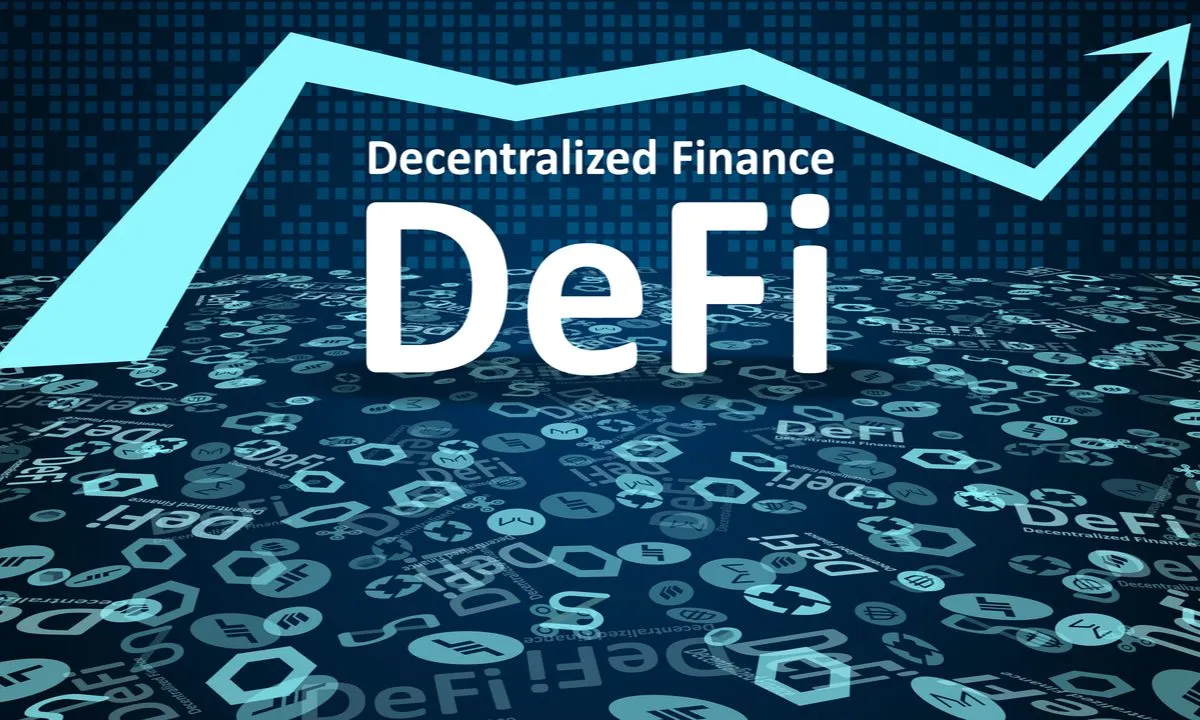Bitcoin was the catalyst for the entire phenomenon. It introduced the world to the concept of a decentralized, peer-to-peer digital currency with its introduction in 2009. However, a critical concern has arisen as decentralized finance (DeFi) continues to develop into one of the most dynamic frontiers in crypto over a decade later:
**Will Bitcoin be the driving force behind the DeFi revolution, or will its successor assume control?**
In order to address this question, it is necessary to examine the capabilities, limitations, and requirements of the currencies and protocols that are the foundation of DeFi.
What DeFi Really Necessitates
DeFi is not merely a means of transmitting money without institutions; it is a comprehensive financial system that is devoid of intermediaries. This encompasses:
* Platforms for lending and borrowing * Decentralized exchanges (DEXs) * Stablecoins and liquidity pools * Financial derivatives, insurance, and asset management * Programmable smart contracts
In order for a currency or platform to be a leader in DeFi, it must possess more than just trust and value; it must also possess **flexibility, composability, and speed**.
Bitcoin: Limited Flexibility, Solid Store of Value
Bitcoin is without a doubt the most reputable and widely recognized cryptocurrency. It possesses the following:
* A scarcity-based value is driven by a restricted supply of 21 million coins.
* The most secure and largest network (owing to its decentralization and hash rate) * Institutional adoption as a value store is increasing
However, the issue is that **Bitcoin was not designed for DeFi**.
* The network is sluggish and costly for frequent transactions. * Although limited functionality is available through tools such as Bitcoin Script, the native smart contract capabilities of the system are lacking. * The security-first ethos of Bitcoin necessitates a cautious and conservative approach to innovation.
However, the adoption of DeFi-like functionality in Bitcoin is still relatively low in comparison to Ethereum-based platforms, despite the efforts of sidechains such as RSK and initiatives like Stacks.
Ethereum and the Emergence of DeFi Successors
**Ethereum** emerged as the foundation of DeFi, while Bitcoin established itself as digital currency. The smart contract functionality of Ethereum facilitates:
* Financial agreements that are intricate and devoid of intermediaries
* A thriving ecosystem of tokens, oracles, DAOs, and other components * Decentralized applications (dApps) that can collaborate and develop in tandem
However, Ethereum’s dominance is not assured. The opportunity for competitors such as: was presented by high gas prices and scalability challenges.
* **Solana** – renowned for its speed and low fees * **Avalanche, Arbitrum, and Optimism** – providing scalability and lower-cost execution * **Cardano, Polkadot, and Cosmos** – each offering distinctive governance and interoperability models
These platforms are not positioning themselves as Bitcoin replacements; rather, they are ****DeFi powerhouses**.
Bitcoin in a Multichain Future: The Middle Ground
Bitcoin is not entirely irrelevant, despite the fact that it may not directly influence DeFi.
* **Wrapped Bitcoin (WBTC)** enables the use of BTC on Ethereum and other chains, thereby contributing billions in liquidity.
* The objective of **Layer 2 solutions** and bridging protocols is to enhance the utility of Bitcoin in DeFi without compromising its base-layer security.
* **DeFi protocols supported by Bitcoin** may become increasingly prevalent as infrastructure continues to develop.
What is the most probable result? A **multichain DeFi ecosystem** in which Bitcoin remains a valuable collateral or liquidity asset, while DeFi innovation is conducted on more flexible chains.
Final Thoughts: The Role of Bitcoin and the Emergence of Its Successors
Bitcoin may have initiated the decentralized revolution; however, its architecture was not intended for the dynamic, smart contract-driven world of DeFi. As a result, **its successors—Ethereum and beyond—are expected to spearhead the development of decentralized financial systems**.
However, Bitcoin’s unparalleled security, liquidity, and brand recognition ensure that it will persist in its function as a supplementary asset—possibly as the most trusted reserve asset in DeFi.
Ultimately, the future of DeFi will not be characterized by a single chain that dominates all others, but rather by seamless integration. Bitcoin may not be the dominant force, but it will always be a component of the system it helped establish.

Leave a Reply